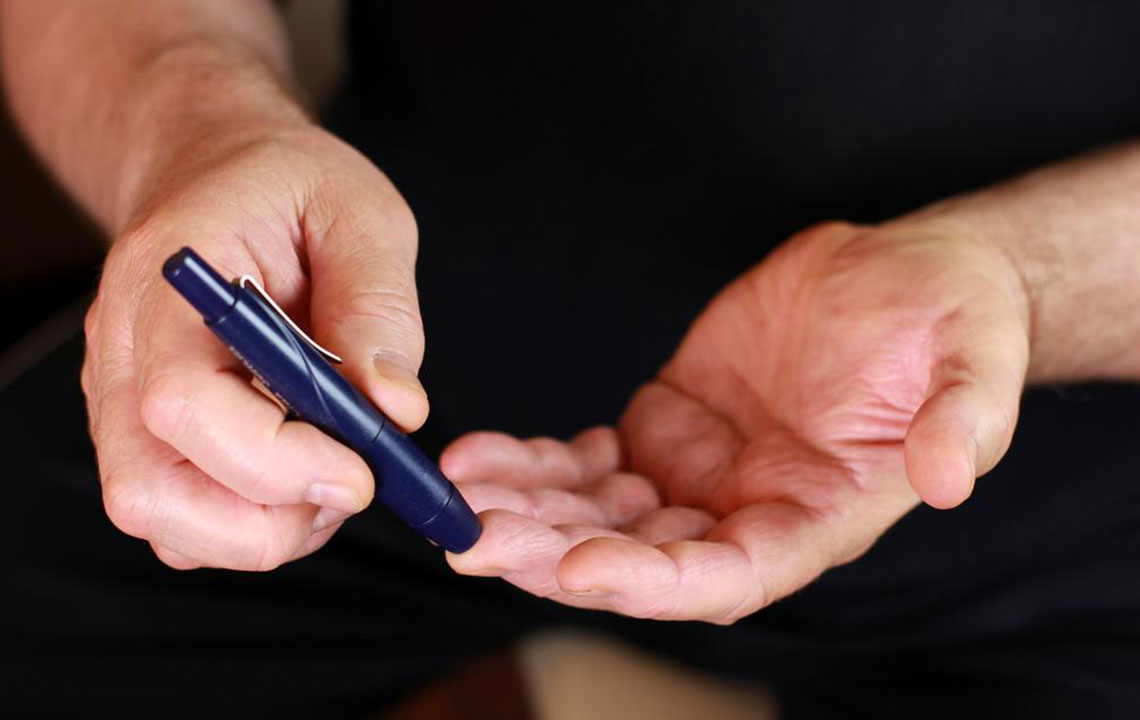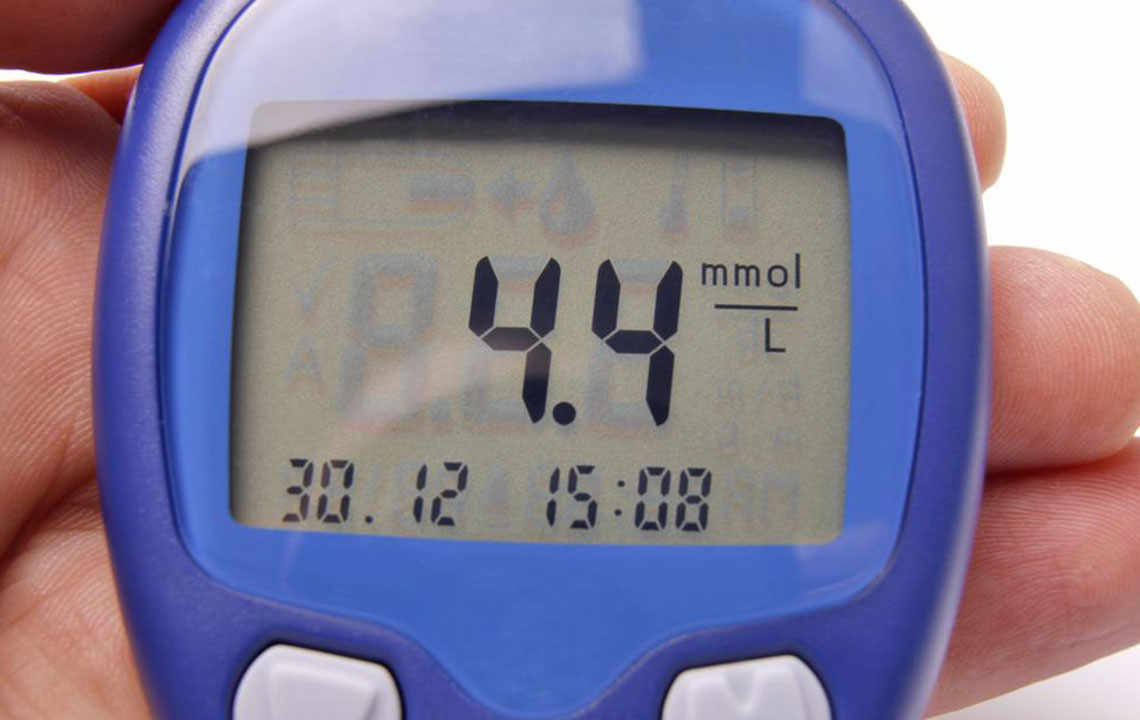Understanding Low Blood Sugar: Causes and Warning Signs
This article explains the causes and warning signs of low blood sugar, emphasizing the importance of early recognition and prompt medical intervention. It details symptoms across mild, moderate, and severe stages to help individuals understand when to seek urgent care, especially for diabetics or those experiencing unexplained episodes. Carrying quick sources of sugar and consulting healthcare providers are recommended precautions to prevent life-threatening complications.

Understanding Low Blood Sugar: Causes and Warning Signs
Hypoglycemia, or low blood glucose, is a health issue characterized by dangerously reduced blood sugar levels. Typically, symptoms emerge when blood sugar falls below 70 mg/dl. Since glucose is essential as the primary energy source, its deficiency can trigger widespread bodily effects and may become life-threatening if untreated promptly.
Causes: In diabetics, excessive doses of insulin or medications like sulphonylureas are common reasons. Other factors include sudden intense physical activity, skipping or delaying meals, lower carbohydrate intake, or drinking alcohol on an empty stomach.
Sometimes, even healthy individuals may experience unexplained low blood sugar episodes. Symptoms such as sweating, restlessness, or confusion during sleep—known as nocturnal hypoglycemia—can lead to morning headaches, sleep disturbances, and abnormal behaviors. Prompt medical attention is vital.
Signs and Symptoms: Symptoms vary based on severity, from mild to critical. Since glucose fuels body functions, insufficient levels impair decision-making, mood, and physical activities.
Mild Hypoglycemia: Symptoms include sweating, blurred vision, headache, hunger, fatigue, weakness, and nervousness. These usually resolve after eating.
Moderate Hypoglycemia: Blood sugar dips further, leading to irritability, difficulty concentrating, confusion, and behavioral changes like crying or anger.
Severe Hypoglycemia: This stage demands urgent care; symptoms include seizures, unconsciousness, stroke, or risk of death. Immediate intervention is critical.
Low blood sugar can be dangerous. Recognizing symptoms early and seeking medical advice helps prevent escalation. Carrying glucose or sugar-rich foods as a precaution is recommended.










